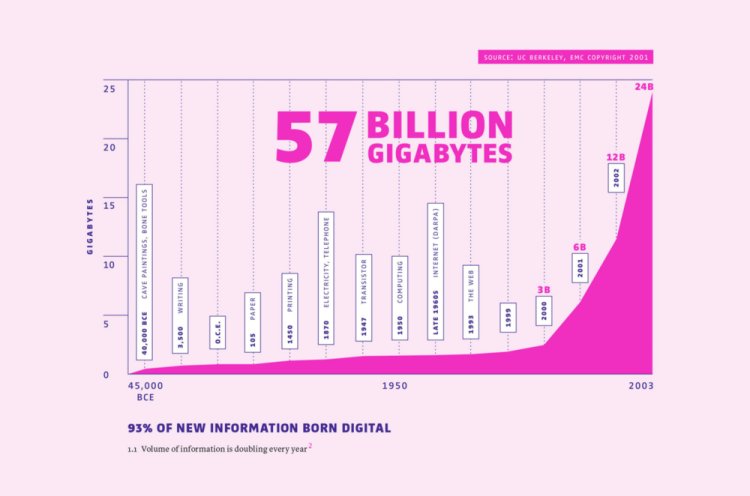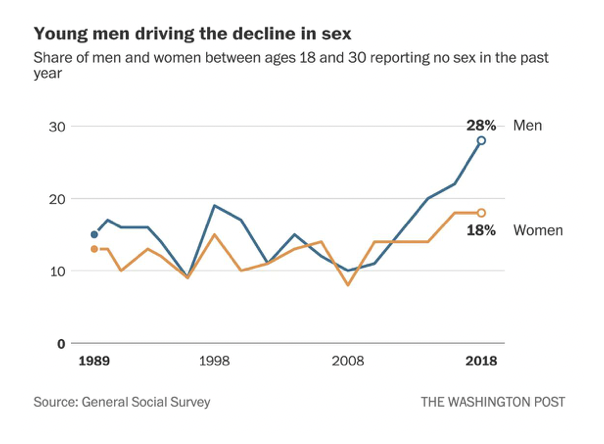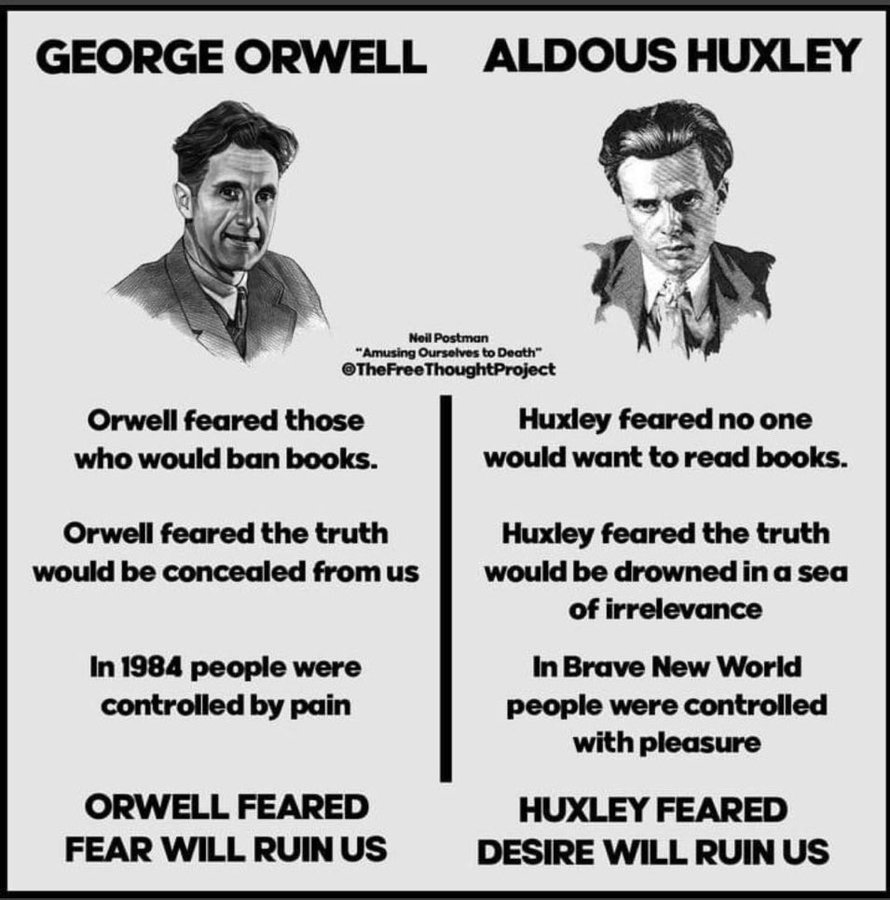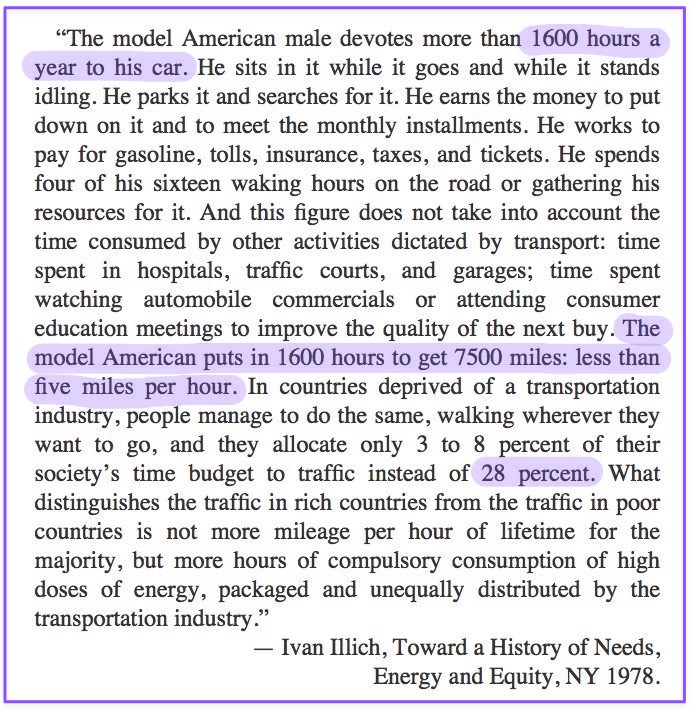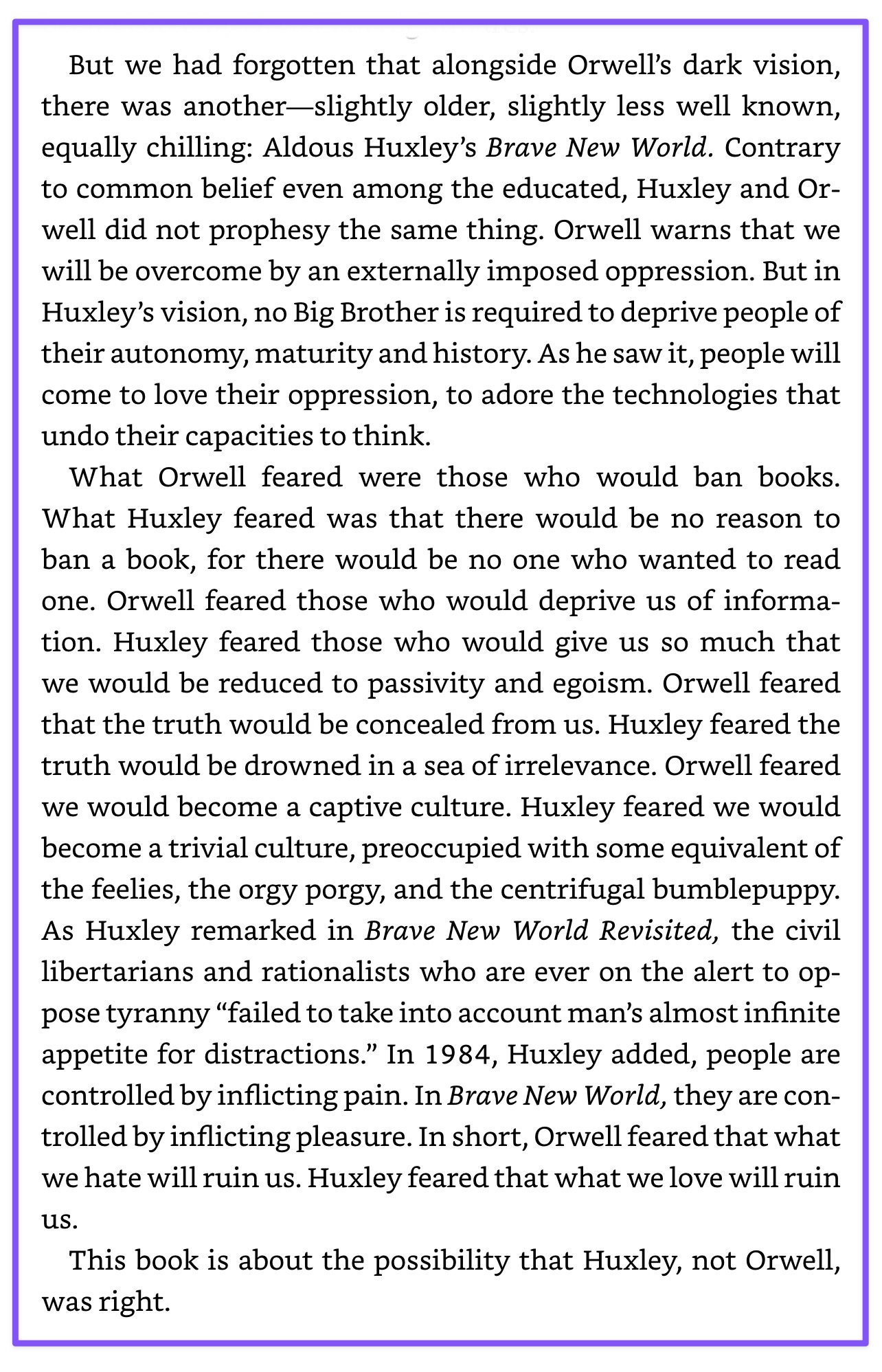Thread
The Inversion of Censorship:
The 20th century had two iconic dystopian novelists: George Orwell and Aldous Huxley.
Everybody knows Orwell's book: 1984. He outlined a dystopian future where censorship comes from banned books and ideas. Without access to truth, people would be passive and easily manipulated.
Everybody knows Orwell's book: 1984. He outlined a dystopian future where censorship comes from banned books and ideas. Without access to truth, people would be passive and easily manipulated.
Orwell's vision became the standard.
Growing up, my book fairs had a "banned books" section. We were rightly encouraged to read them and explore suppressed ideas.
The lesson: In a world of information scarcity, banning information is the most effective form of thought control.
Growing up, my book fairs had a "banned books" section. We were rightly encouraged to read them and explore suppressed ideas.
The lesson: In a world of information scarcity, banning information is the most effective form of thought control.
Orwell wrote right after World War II.
He saw how mass media enabled mass population control. Even if the press was free, people needed money or power to spread their message.
Censorship came from silencing the voices of the many and putting power in the hands of a few.
He saw how mass media enabled mass population control. Even if the press was free, people needed money or power to spread their message.
Censorship came from silencing the voices of the many and putting power in the hands of a few.
Today, we've moved into a world of information abundance.
Distractions are everywhere. Just as we've gained access to more information than anybody in human history, deep reading has never been more difficult.
The amount of information in society is increasing exponentially.
Distractions are everywhere. Just as we've gained access to more information than anybody in human history, deep reading has never been more difficult.
The amount of information in society is increasing exponentially.
Today, we face endless demands on our attention.
Think of all the things you need to check — email, texts, Twitter, Instagram, TikTok, and the news — just to "keep up" with the world.
The problem is that so much of the information we consume is trivial and irrelevant.
Think of all the things you need to check — email, texts, Twitter, Instagram, TikTok, and the news — just to "keep up" with the world.
The problem is that so much of the information we consume is trivial and irrelevant.
When you transition from scarcity to abundance, behavior inverts.
Tinder is an example. We thought it'd lead to more sex by making it easier to meet people, but the opposite happened. The app made it taboo to hit on strangers in public and people are now having less sex.
Tinder is an example. We thought it'd lead to more sex by making it easier to meet people, but the opposite happened. The app made it taboo to hit on strangers in public and people are now having less sex.
Another example: The car.
It initially made commuting faster. But with the popularization of it, we got traffic, urban sprawl, and long commutes — today, people spend more time commuting than before.
In the Stone Age, people spent 5% of their time on transportation. Today, 25%.
It initially made commuting faster. But with the popularization of it, we got traffic, urban sprawl, and long commutes — today, people spend more time commuting than before.
In the Stone Age, people spent 5% of their time on transportation. Today, 25%.
The same inversion that happened to Tinder and cars is now coming to censorship and the pursuit of truth.
Writing about Huxley, the media theorist Neil Postman once said: "People will come to love their oppression, to adore the technologies that undo their capacities to think."
Writing about Huxley, the media theorist Neil Postman once said: "People will come to love their oppression, to adore the technologies that undo their capacities to think."
In Orwell's world, propaganda is either true or false.
In Huxley's world, people are voluntarily pulled towards trivial distractions instead of truth.
The lesson: In a world of information abundance, a sea of trivial information is the most effective form of thought control.
In Huxley's world, people are voluntarily pulled towards trivial distractions instead of truth.
The lesson: In a world of information abundance, a sea of trivial information is the most effective form of thought control.
Orwell feared that we'd ban books. Huxley feared that there'd be no reason to ban books in the first place.
Orwell feared that the truth would be suppressed by people in power. Huxley feared that the truth would be suppressed by trivial information and infinite distractions.
Orwell feared that the truth would be suppressed by people in power. Huxley feared that the truth would be suppressed by trivial information and infinite distractions.
The inversion of censorship is here.
Time and again, we've seen how a select number of independent writers are repeatedly 3-6 months ahead of the mainstream media.
The truth is suppressed with abundance instead of scarcity — and irrelevant information instead of banned books.
Time and again, we've seen how a select number of independent writers are repeatedly 3-6 months ahead of the mainstream media.
The truth is suppressed with abundance instead of scarcity — and irrelevant information instead of banned books.
How should you respond?
Intelligence begins with knowing what to ignore. It's never been easier to gather useful information, but it's never been so difficult to tune out the noise.
Eliminate the irrelevant information that Huxley warned us about.
Intelligence begins with knowing what to ignore. It's never been easier to gather useful information, but it's never been so difficult to tune out the noise.
Eliminate the irrelevant information that Huxley warned us about.
Sources and book recommendations:
∙ "Amusing Ourselves to Death" by Neil Postman
∙ "Brave New World, Revisited" by Aldous Huxley
∙ "McLuhan Misunderstood" by Robert Logan
∙ "Human as Media" by Andrey Miroshnichenko
∙ "Amusing Ourselves to Death" by Neil Postman
∙ "Brave New World, Revisited" by Aldous Huxley
∙ "McLuhan Misunderstood" by Robert Logan
∙ "Human as Media" by Andrey Miroshnichenko
Mentions
See All
Sahil Bloom @SahilBloom
·
Jan 10, 2022
really interesting thread!
Gigi @dergigi
·
Jan 12, 2022
Great thread 👇
